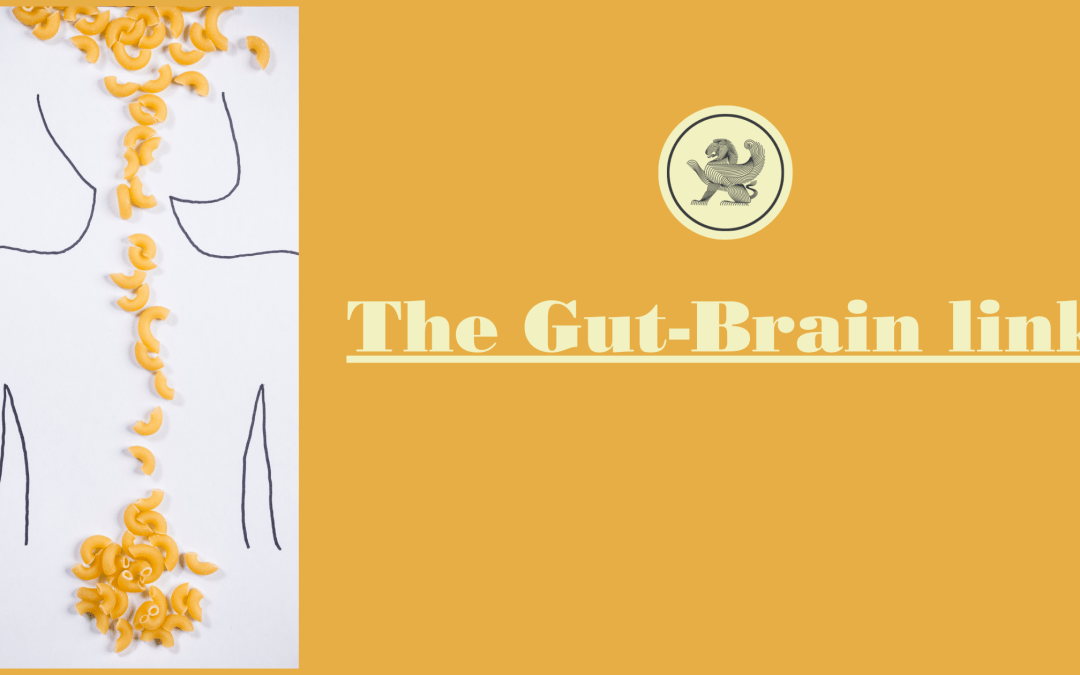CREDITS
By Dr Melane van Zyl
Did you know your brain and digestive system are intricately connected? Our gut is so important that it is now even named our second brain. Our gut is extremely sensitive to stress. We have known this for ages, talking about butterflies or a knot in the stomach, or feeling something in our gut.
The gut-brain connection, also known as the gut-brain axis, refers to the bidirectional communication between the gastrointestinal (GI) system and the central nervous system (CNS), which includes the brain and spinal cord. This connection is crucial in maintaining overall health and wellbeing, as it helps regulate digestion, mood, cognitive function, and the immune system.
The gut-brain axis comprises several components, including the enteric nervous system (ENS), the vagus nerve, neurotransmitters, and the gut microbiome. These components work together to facilitate communication between the gut and the brain.
1. Enteric Nervous System (ENS): Often referred to as the “second brain,” the ENS is a complex network of neurons located within the walls of the GI tract. It can function independently from the CNS but also communicates with the brain through various pathways, including the vagus nerve.
2. Vagus nerve: The vagus nerve is the longest cranial nerve and serves as a primary communication pathway between the gut and the brain. It carries signals related to digestion, gut health, and the immune system from the ENS to the CNS, and vice versa.
3. Neurotransmitters: Neurotransmitters are chemical messengers that facilitate communication between nerve cells. Many neurotransmitters, such as serotonin, dopamine, and gamma-aminobutyric acid (GABA), are produced in the gut and play a vital role in regulating mood, cognition, and other aspects of mental health. The gut-brain axis helps regulate the production and function of these neurotransmitters.
4. Gut microbiome: The gut microbiome is a diverse community of microorganisms, including bacteria, viruses, and fungi, that reside in the GI tract. These microorganisms play a crucial role in digestion, immune function, and producing various neurotransmitters and metabolites. The gut microbiome communicates with the brain through the production of neurotransmitters, the release of metabolites, and the activation of the immune system, thereby influencing mental health.
In recent years, research has increasingly highlighted the importance of the gut-brain axis in maintaining mental health. Imbalances in the gut microbiome, often caused by poor diet, stress, and antibiotic use, can lead to dysregulation of the gut-brain axis, potentially contributing to mental health disorders like anxiety, depression, and neurodevelopmental disorders. This growing understanding of the gut-brain connection has led to a surge of interest in the potential therapeutic applications of dietary interventions and probiotics to improve mental health.
Most important- listen to your gut. It speaks the truth.

